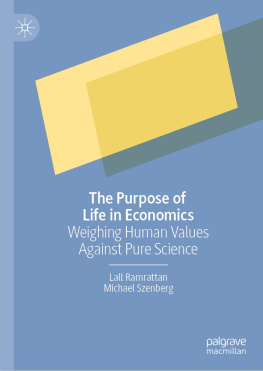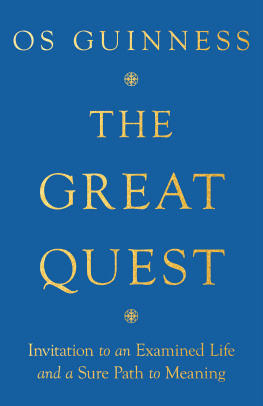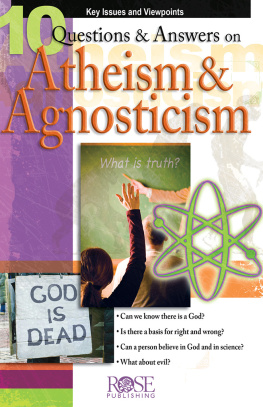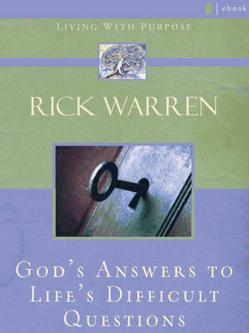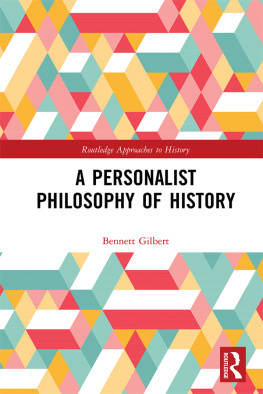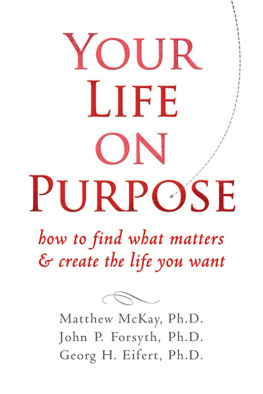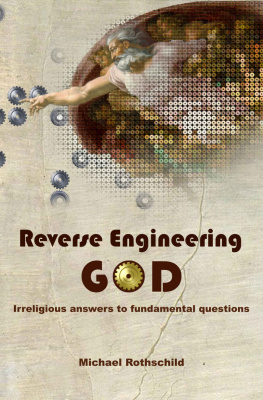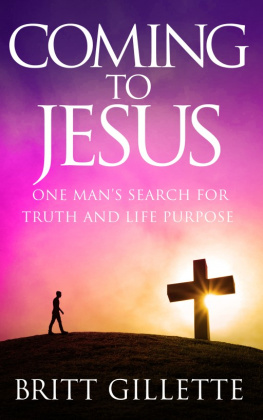MAN & VALUES
A personalistAnthropology
CORMAC BURKE
Contents
"Till we can become divine we must becontent to be human, lest in our hurry for a change we sink to somethinglower."
Anthony Trollope
Preface
There are two ways in which we can be taught by others. On the onehand, a person who knows something we do not seeks to bring us into possessionof that knowledge. On the other hand, a far more difficult task, the teacherenables us to recognize what we already know. The second method can be calledthe Socratic, and it characterizes the book you are about to read.
From the very openingpages, the reader senses that he is being addressed by a wise man. Nonetheless,he is being addressed as an equal. Cormac Burke has developed what he calls ananthropology of freedom, a personalist anthropology. The great accomplishmentof his book is that the reader ends by realizing that he already holds thatanthropology. In a subtle mix of uncovering the obvious and displaying theuntenability of alternatives, Burke enables the reader to see that, whatever hemight have said on the level of chatter, deep down he has convictions aboutwhat it is to be a human being.
One is of course alreadya human being, but to be a person is to have a task. Every act is an effort togain something we do not have, something that we consider it would be good to have.That we might not do what we do, that we might have acted otherwise, these aretruths everyone knows. And in knowing them, we know that we are free. The mostdelicate achievement is to see our freedom in context. We are not so free as tobe a law unto ourselves, as if whatever we did were a good thing for us to do.How establish that? Burke employs historical and literary figures to bring homethe point that claims to absolute autonomy, total freedom, lead to enslavementand despair.
What kind of an argumentis that? It is more a reminder than a revelation, and any reader will havesufficient personal experience to ground his agreement with the author. Indoing so, he will not feel that he is adopting a new position. Rather, allalong it has been implicit in his acts and his thoughts about those acts. Inthe Socratic metaphor, Burke is the midwife, but the reader comes forth withthe ideas. The development is from the implicit to the explicit.
The historical Socratesmade unabashed appeal to his belief in God, assuming that his interlocutorshared that belief. Cormac Burke is writing in what has been called thepost-Christian era, an age characterized by skepticism and doubt, oftenoutright atheism. In his socratic task, he cannot make the appeal the originalSocrates did. And yet here is an extraordinary thing about this book: after thecalm and self-effacing treatments of personal and social values, seen asembedded in our implicit knowledge of what we are, Burke ends with thesuggestion that what we have now made explicit suggests something more. And heleaves it to the reader to see whether that something more is avoidable.
Inshort, this is a wise book, and one that has the delightful effect of enablingthe reader to see that he himself is not devoid of wisdom. It is a pleasure torecommend Man and Values.
Ralph McInerny
University of Notre Dame
Introductory Note
Personal identity; personal fulfillment. Two issues thatobsessively occupy the modern mind.
Who am I? Whatever otheranswer may be given, it is indisputable that I am not myself, not yet. The meof today is inevitably giving way to the me of tomorrow which is slightlydifferent, and sometimes (after particular choices or experiences) notably oreven radically different.
How am I? What do I wantto be? What am I in fact becoming? Some people prefer to turn aside from thesequestions, and yet few can avoid them. We can do something with time, but wecannot stop it. Either we shape it or it will shape us. The past is behind us;we cannot change it, though we can try to learn from it. The future is yet tocome; in that sense it still lies in our hands. The "tomorrows" ofeach one are coming quickly, but they still have to come. What will they bring?What will I make of them, or what will they make of me? Is the future actuallyin my hands, or am I in its hands? Does it shape me inevitably, or am I free togive it shape? Is my sense of freedom real, or am I in fact controlled anddetermined by some more powerful force or destiny?
"Will I be happy?, willI be successful?, will I be free?" There is little satisfaction in thefatalistic answer, "que sera, serawhatwill be, will be," for it is not really an answer at all. Not only whenone is young (although especially then), it is logical to react and say,"No, No! My life, and especially my future, is still in my hands. It canbe what I want. I can still make what I like of my life."
My life will undoubtedlybe what I make of it; of that I can be sure. But will what I make of it be tomy liking? Will I really be happy and free? Of this I cannot be sure at all. Itdepends on so much, on so many imponderables and ponderables. The purpose ofthis book is to consider some of the ponderables; in other words, to examinemain elements or factors of human existence and development which, if properlyput together, can give shape to a fulfilled life, and so at least in part helpresolve the questionthe crisisof human identity.
This, then, is a bookabout the life of each of us, as it can be, i.e. as we can make it. It traces aprogram for human fulfillment, examining major aspects of our personal andsocial life, asking fundamental questions, proposing some more obvious (thoughnot necessarily politically correct) answers, along with a few that may not beso obvious. The chief purpose however is not to offer answers, but to expandhorizons, to prompt interest in looking higher and reaching farther. As aconsequence, most of the issues considered are left open so that the reader,helped perhaps by the analyses given, can provide his own answers and examinewhere they may lead.
In the main body of thebook (Parts I and II) I examine the unfolding of human possibilities. I try toshow that these possibilities are real and great, but not unlimited; norinevitably realized.
The dominantanthropological theme is that one has to open oneself to "values" and, by responding to them, tohappiness and fulfillment. The aim is to show what this means andsincehappiness is not an automatic or guaranteed result of any sort of lifewhy itcan be difficult and how it can be achieved.
Thebook is meant for those of this new millennium who, being immersed in theproblems being posed to personal life, are not fully satisfied with answersbeing given; or are finding no answers. A glance at the bibliography will showthat many contemporary authors are quoted, and many more of precedinggenerations. While this latter point may put some people off, the reason for itshould be clear. It is hard to understand the present if you do not know thepast. I cannot know myself if I do not know my roots. Without perspective Iwill never properly grasp the mindset of the age in which I live, or be able tojudge the way it tends to shape my own mind and my choices.
Chapters 1-11 derivefrom a course in anthropology that the author taught during the 1990s in Romeat the Studium Rotale (the specialized postgraduate school for would-be advocates of the Roman Rota),and subsequently at Strathmore University, Nairobi. It might be described as anexperiment in analyzing "man" and his possibilities at a purely humanlevel, without any reference to religion, transcendence, or God. It is left toeach one to conclude whether and to what extent an "anthropology ofvalues" leads to a transcendent view of life.
Next page

